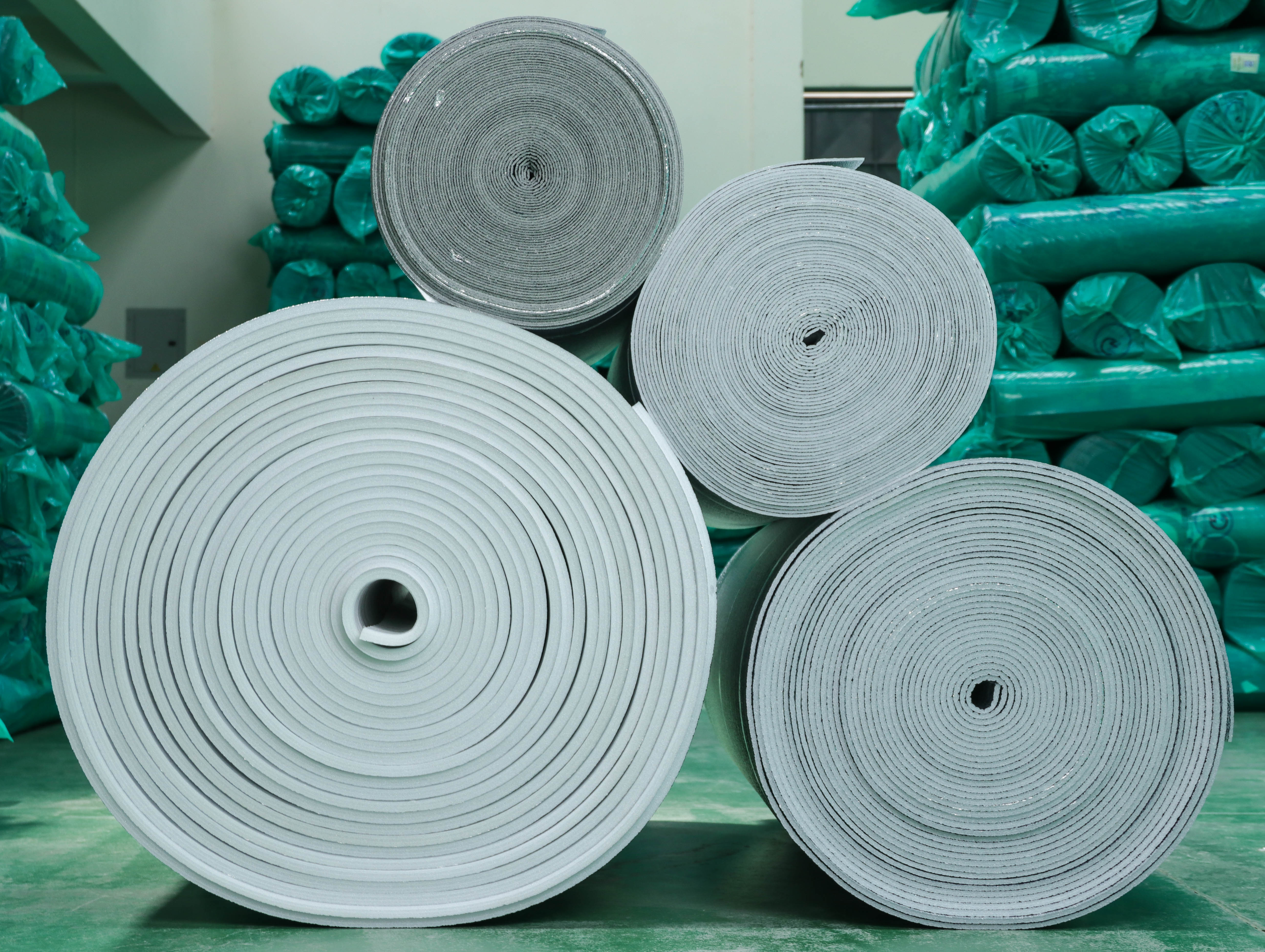Choosing the right insulation thickness
Choosing the right insulation thickness is important because it can directly impact the energy efficiency of your home. The thicker the insulation, the higher the R-value, or the measure of the insulation’s resistance to heat flow. A higher R-value means that the insulation can provide better thermal resistance and help prevent heat loss or gain.
When deciding on the thickness of insulation to use, there are several factors to consider, including the climate zone you live in, the type of heating and cooling system you have, and the size and layout of your home.
It’s also important to consider the type of insulation you’re using. Different insulation materials have different R-values per inch of thickness, so you may need to use a thicker layer of one material than another to achieve the same level of insulation.
For example, if you live in a colder climate, you may want to consider using a thicker insulation to help keep your home warm in the winter. Similarly, if you have a larger home with more windows, you may need thicker insulation to help prevent heat loss through those areas.
Overall, choosing the right insulation thickness is an important part of ensuring that your home is energy efficient and comfortable. It’s a good idea to consult with a professional or use an insulation calculator to help determine the appropriate thickness based on your specific needs and circumstances. Always consult the leading manufacturer of insulation materials in Kenya to order any insulation material; for instance, roof insulation, wall insulation, flat roof insulation, Damp proof membrane, and floor underlay.
Also, read: Importance of roofing insulation in building


